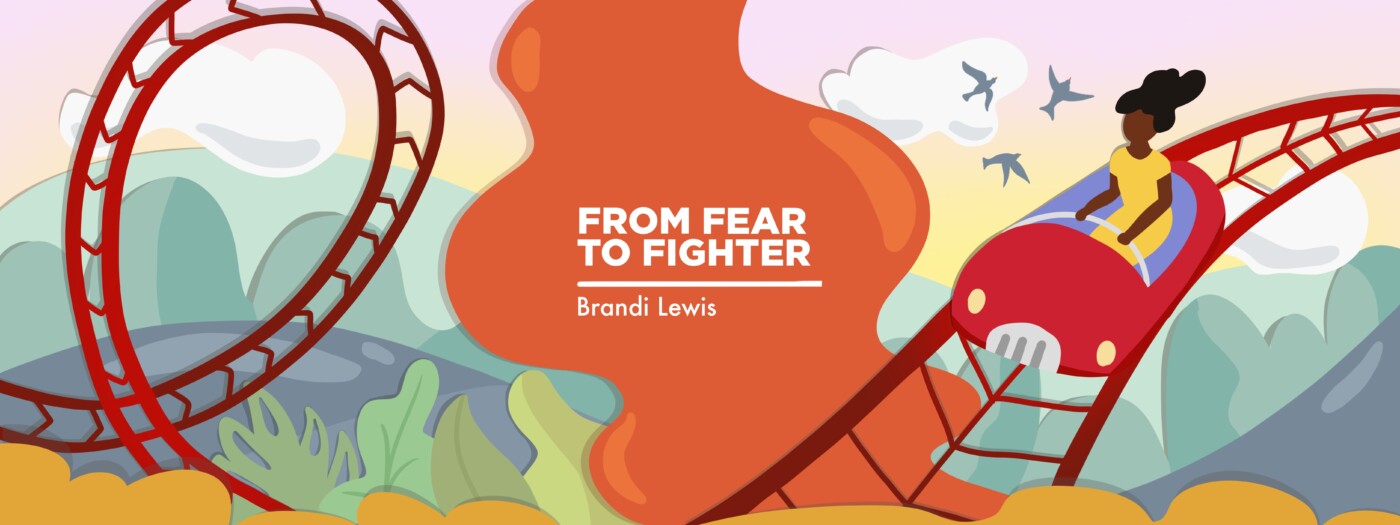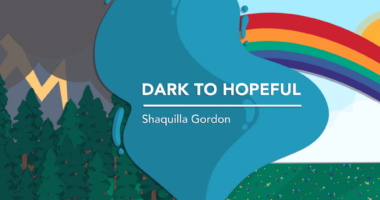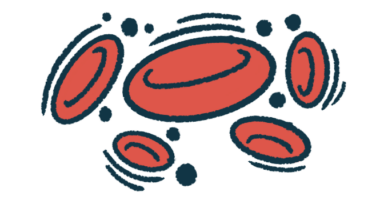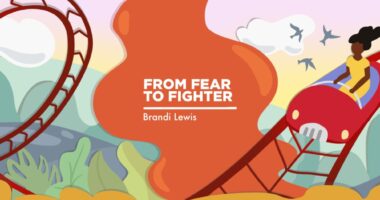How a dog’s love helped me battle PNH and aplastic anemia
Canine comfort held me up through my physical and emotional struggles

Growing up, I’d always heard the quote, “There’s nothing like the bond between a dog and its owner.” I didn’t entirely understand this statement until the day my dad showed up with a dog in his arms while standing on the porch. The dog, Booser, was a cuddly peekapoo, standing 10 inches tall with light brown hair.
I wasn’t a pro-dog child; in fact, I was scared of them. Spoiler: That feeling would eventually fade.
I was a high school sophomore navigating school and life at the time, and Booser saw me go through all the emotions, including heartbreak, joy, frustration, and happiness. He was there when my family and I were at our best and our worst. Through it all, he never changed. Booser would walk up to us wagging his tail, giving us kisses, and making us laugh. He understood us and made us better people.
On a comical day that my family and I still talk about, Booser succeeded in his mission to lick my dad’s bald head. He always stared at my dad’s hairless head like it were a shiny toy he wanted to lick. He knew he couldn’t do that, as he had manners and would in some ways respect his boundaries. But on this day, Booser was going for it!
As we were talking and my dad sat on a bed with his back to Booser, our dog quickly licked my dad’s head. It happened so quickly that if you blinked, you would’ve missed it. Then after Booser got in his one lick, he turned his head away, knowing my dad would tell him no. We all fell out in laughter, but Booser froze in stillness, as if we wouldn’t see him if he didn’t move. He made no eye contact with us. Finally, he jumped off the bed, wagging his tail and running in circles.
That’s the kind of dog Booser was.
My dog: part of my healthcare team
When I began my chronic illness fight with aplastic anemia and paroxysmal nocturnal hemoglobinuria (PNH), Booser was there for every second. While he may not have understood what my family and I were talking about, he was able to read our emotions. He sensed the underlying fear, stress, hesitation, doubt, and other emotions that weren’t expressed verbally. And he stepped in.
When I think back on how far I’ve come, many of my memories and stories include my partner in crime. He’d rub his body along my leg to let me know he was there. When I was crying, he’d cuddle with me on the bed. My dog was the emotional support I didn’t know I needed.
As my body became ill, Booser became stronger. Every morning my mom would open my door to let him in my room. He’d jump on the bed, walk toward my face, and put his paw on my chest to make sure I was breathing. Some mornings, he’d put his nose to my nose to check and make sure I was breathing. Once he completed his morning task, he’d lie at the foot of my bed and sleep with me until I awoke.
I always say actions mean more to me than words. Through Booser’s actions, I could feel his love and care for me. I had a dog who helped me understand loyalty, love, and togetherness. My dog helped nurse me back to health by showing love, creating moments of laughter, and letting me know that I was never alone.
Sadly, after I became stronger, Booser became weaker. In March of 2022, at 17 years old, Booser was put to rest. My feisty, protective, cuddly dog left us. As I continue to grieve his passing, I’ll always hold on to the memories and love he taught me.
I write this column in honor of the joy he brought to my family and me. I’ll always hold him close in my heart. My battle would’ve been different without Booser in it. I’m happy to say he played a big role in getting me to where I am today.
Note: PNH News is strictly a news and information website about the disease. It does not provide medical advice, diagnosis, or treatment. This content is not intended to be a substitute for professional medical advice, diagnosis, or treatment. Always seek the advice of your physician or other qualified health provider with any questions you may have regarding a medical condition. Never disregard professional medical advice or delay in seeking it because of something you have read on this website. The opinions expressed in this column are not those of PNH News or its parent company, Bionews, and are intended to spark discussion about issues pertaining to paroxysmal nocturnal hemoglobinuria.








